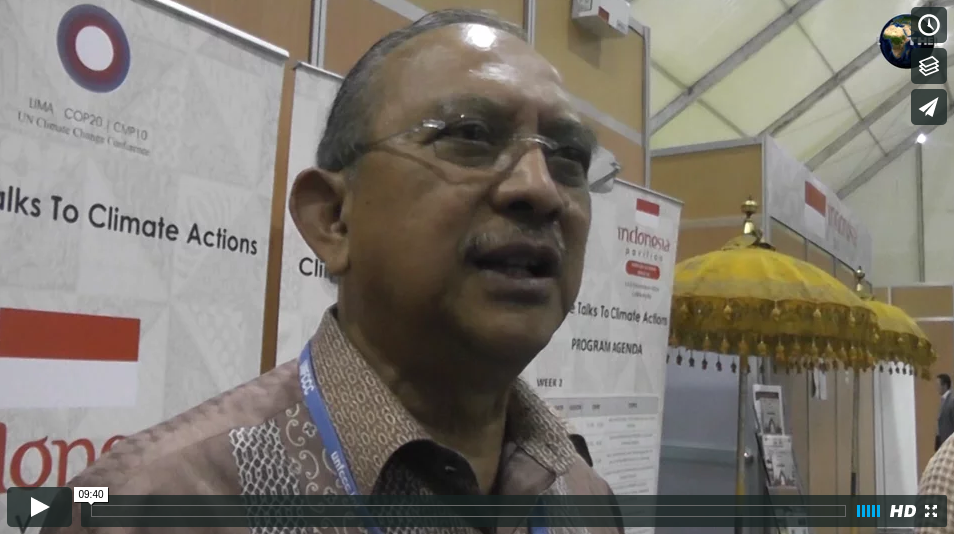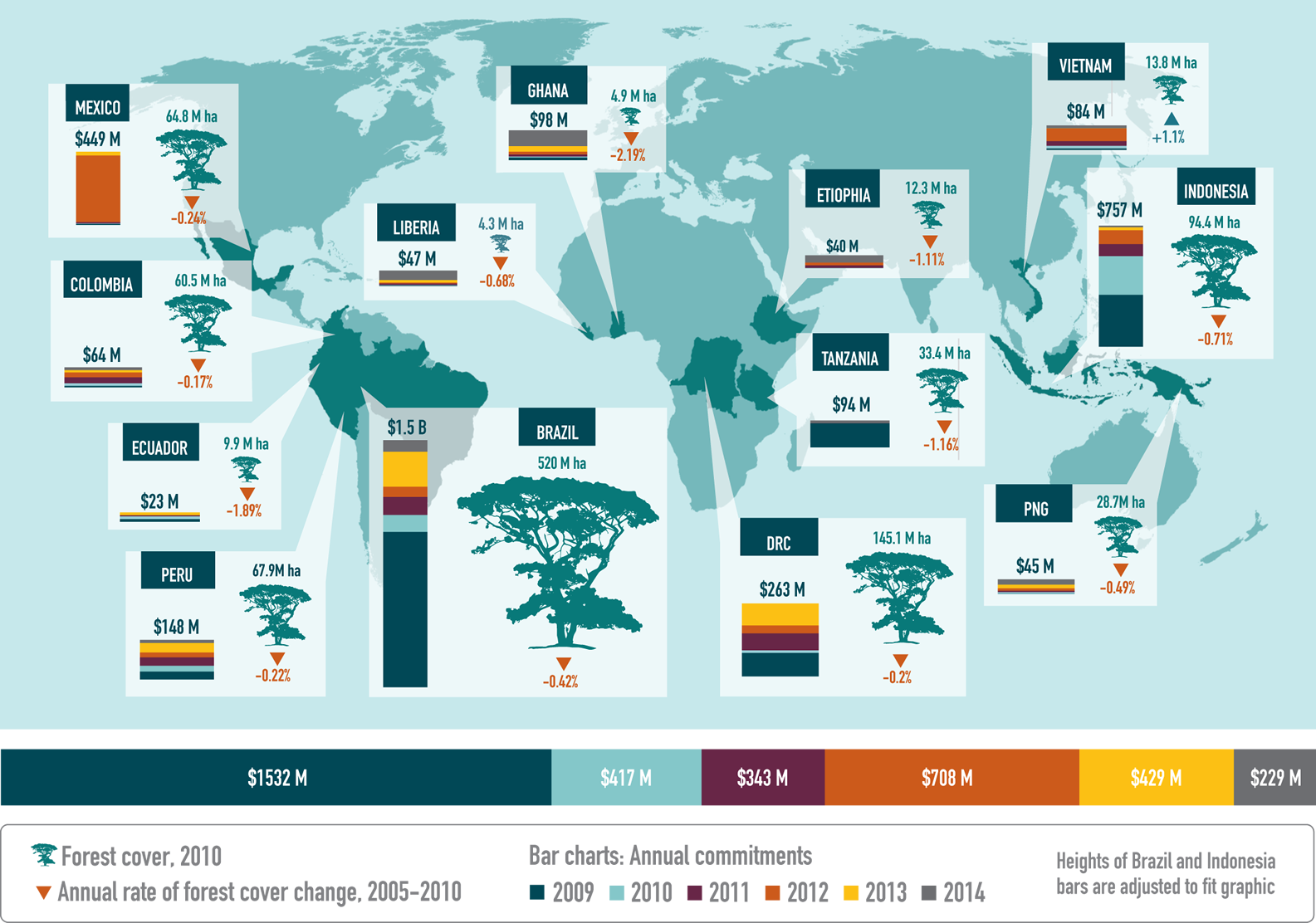- Live Stream
- Climate Change
- ENN
- Environmental Info
- Green Business
- Green Solutions
- Beautiful World
- Categories
- Articles
- Arctic & Glaciers
- Polar Regions and Glacier Reports
- Ethical Dimensions
- Global Warming
- Peatlands & Wetlands
- ENN – The Environmental News Network
- Agriculture
- Chemicals
- Conservation
- Fish Crime
- Forests
- Health
- Mountains
- Oceans
- Energy
- Money
- Green or Gone
- Nutrition
- Permaculture
- Various Solutions
- Powerful
- Watch This
- Water
- Breaking News
- Series ENN
Tracking Corporate Commitment to ‘Zero” Deforestation by 2020
Tropical rainforests are known to be the green lungs of the planet, yet they are constantly being diminished by agri-industries such as palm oil, wood harvesters, soy growers and beef farmers. At a press conference held at COP22 in Marrakesh, a report back was given of progress on the TFA 2020, with speakers Stephen Donofrio […]
CLOSE











